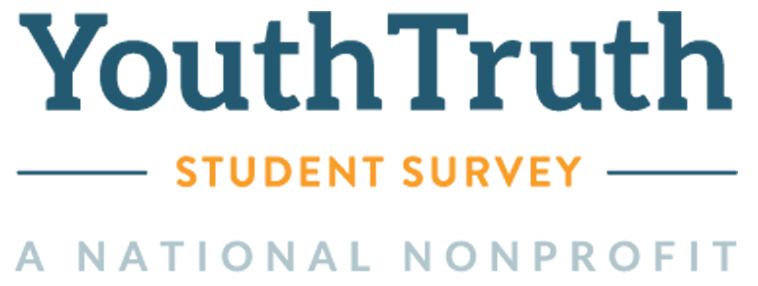Mathematics is an integral part of students’ daily lives, from marking the first 100 days of elementary school to the pivotal moment of crossing the threshold into Algebra 1. Math not only serves as the key that unlocks the doors to the sciences and technology but also empowers individuals personally. At the same time, math literacy stands as an undisputed public good, providing society with the indispensable tools needed to propel innovation and grapple with intricate societal challenges.
For all these reasons math is a subject that sparks seemingly endless and contentious debates in universities and think tanks, among leaders of industry, and in government that are popularly referred to as the “math wars.” But how do students themselves experience mathematics in today’s classrooms? In this report we explore students’ perceptions of their everyday experience in math. How do high school students perceive the math learning experience? How do they see themselves as math learners? And what insights do they have for creating a more engaging math education for all students?
FINDING 1: SCHOOL MATH VERSUS REAL MATH
Many high school students perceive “school math” or “education math” as lacking inherent value and as disconnected from their practical needs. Students express a strong desire to acquire “real” math skills that will empower them to pursue the future they envision for themselves.
FINDING 2: DETERMINED MATH LEARNERS
Students who have strong math identities and positive math learning experiences describe their relationships with their teachers as an important source of their determination to learn math.
FINDING 3: (UN) INTERESTING MATH PROBLEMS
Students explain that their desire to learn math is inhibited by uninteresting work that dampens their intrinsic motivation to acquire math skills.
